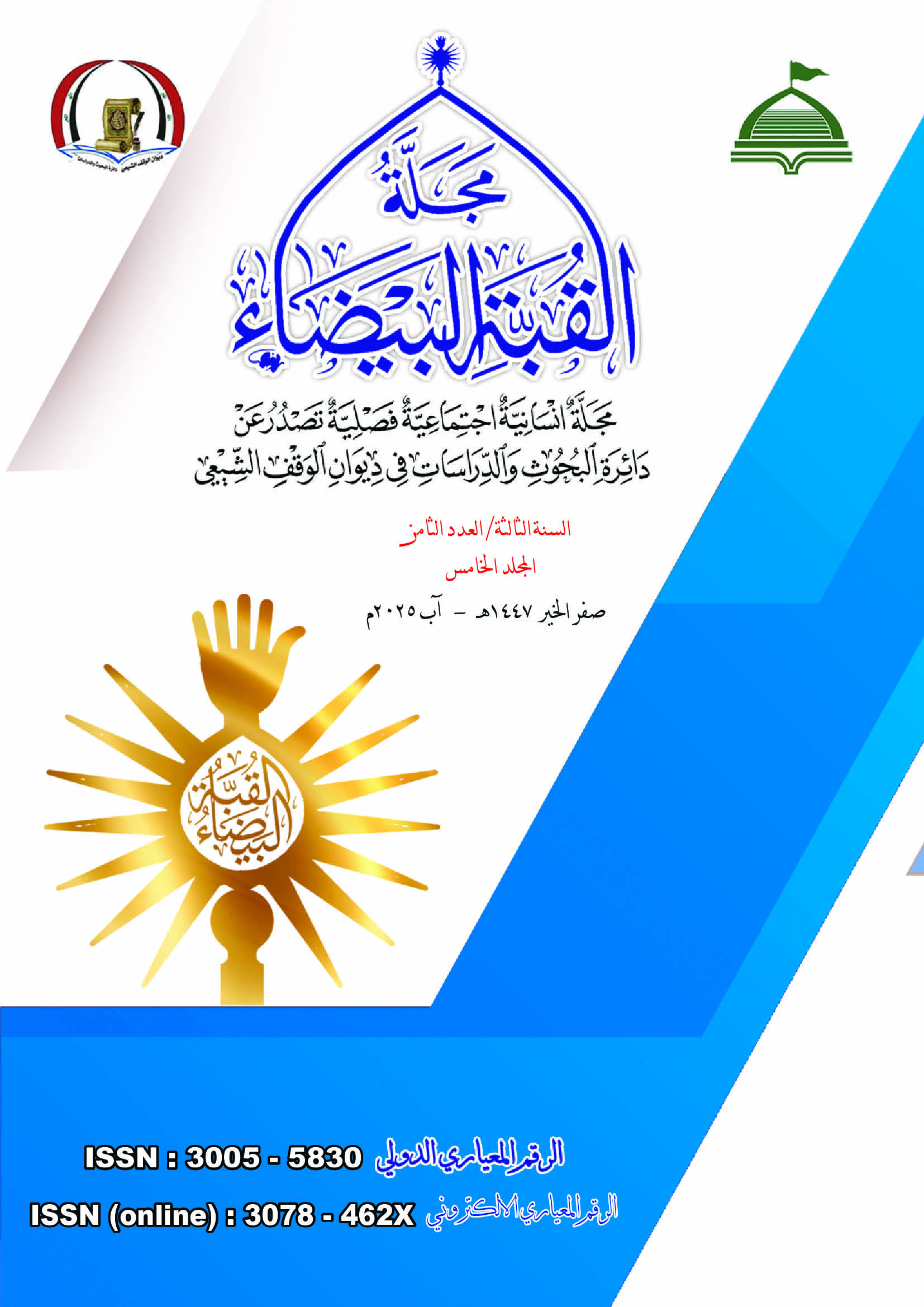Abstract
All through history, authors have found motivation into natural world, continuing tradition that dates back centuries. This link is especially evident in English writing, where literary traditions like Romanticism highlight nature›s majesty and strength. However, as ecological problems have grown more relevant, ecocritics began to examine literature›s treatment of natural world in fresh angle. This strategy investigates ways in which literature might support environmental preservation & sustainability by exploring how these works may reflect & alter our views about the environment.
From its earliest representations in pastoral writing to its most modern expressions in ecocritical concept, this chapter examines development of link among nature & English literature. To learn about the diverse ways writers through history dealt in the natural world, we are going to analyse works from the Romanticism & Victorian periods, as well as the modernist era. We shall also discuss how development of ecocriticism has affected literary studies. This chapter›s overarching goal is to show how nature has always played an important role in English literature & how it might motivate us to improve our connection with the natural world.
From its earliest representations in pastoral writing to its most modern expressions in ecocritical concept, this chapter examines development of link among nature & English literature. To learn about the diverse ways writers through history dealt in the natural world, we are going to analyse works from the Romanticism & Victorian periods, as well as the modernist era. We shall also discuss how development of ecocriticism has affected literary studies. This chapter›s overarching goal is to show how nature has always played an important role in English literature & how it might motivate us to improve our connection with the natural world.
Keywords
Ecocriticism
English Literature
Nature
Romanticism
Sustainability
Abstract
على مرّ التاريخ، استلهم الكُتّاب من العالم الطبيعي، محافظين على تقليد أدبي يعود لقرون طويلة. ويظهر هذا الارتباط بوضوح في الأدب الإنجليزي، حيث تُبرز حركات أدبية مثل الرومانسية جلال الطبيعة وجمالها وأهميتها الروحية. ومع تصاعد المخاوف البيئية في العقود الأخيرة، بدأ النقّاد البيئيون بإعادة دراسة تصوير الأدب للعالم الطبيعي من زوايا جديدة. ويهدف هذا التوجّه إلى استكشاف كيف يمكن للنصوص الأدبية أن تعكس رؤيتنا للطبيعة وتشكلها، بل وتسهم في تغييرها، مما يدعم الحفاظ على البيئة وتحقيق الاستدامة.
من أقدم الصور الأدبية للطبيعة في الشعر الرعوي إلى أبرز تجلياتها المعاصرة ضمن إطار النقد البيئي، يتتبّع هذا الفصل تطوّر العلاقة بين الطبيعة والأدب الإنجليزي. ويتناول كيف تعامل الكُتّاب عبر مختلف الحقب الأدبية—وخاصة خلال فترات الرومانسية والعصر الفيكتوري والحداثة—مع العالم الطبيعي في أعمالهم. كما يستعرض نشوء النقد البيئي بوصفه منظورًا نقديًا وأثره في دراسات الأدب. ويهدف هذا الفصل، في مجمله، إلى إبراز الدور المحوري الذي لطالما لعبته الطبيعة في الأدب الإنجليزي، وكيف يمكن لهذا الأدب أن يلهمنا لإعادة بناء علاقتنا بالعالم الطبيعي بطريقة أكثر وعيًا ومسؤولية.
من أقدم الصور الأدبية للطبيعة في الشعر الرعوي إلى أبرز تجلياتها المعاصرة ضمن إطار النقد البيئي، يتتبّع هذا الفصل تطوّر العلاقة بين الطبيعة والأدب الإنجليزي. ويتناول كيف تعامل الكُتّاب عبر مختلف الحقب الأدبية—وخاصة خلال فترات الرومانسية والعصر الفيكتوري والحداثة—مع العالم الطبيعي في أعمالهم. كما يستعرض نشوء النقد البيئي بوصفه منظورًا نقديًا وأثره في دراسات الأدب. ويهدف هذا الفصل، في مجمله، إلى إبراز الدور المحوري الذي لطالما لعبته الطبيعة في الأدب الإنجليزي، وكيف يمكن لهذا الأدب أن يلهمنا لإعادة بناء علاقتنا بالعالم الطبيعي بطريقة أكثر وعيًا ومسؤولية.
Keywords
: الطبيعة، الأدب الإنجليزي، الرومانسية، النقد البيئي، الاستدامة
